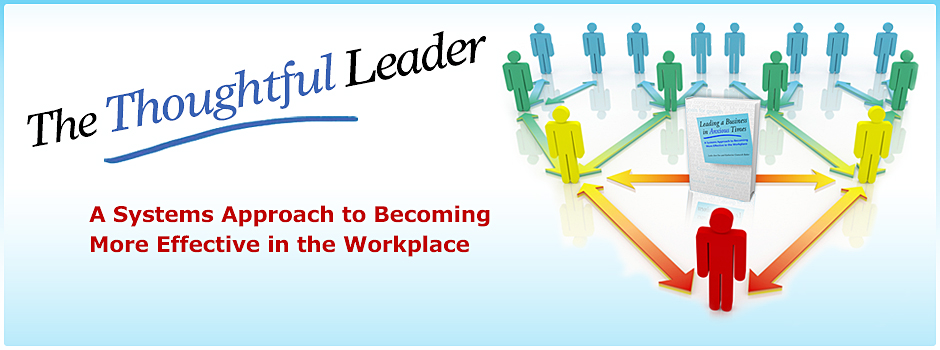In trying to figure out what the emotional process was that swept through the U.S. Congress over the past few months, I came across an article by Stephanie J. Ferrera, MSW, called “Collective Intelligence and Differentiation of Self” (Family Systems Forum, Volume 13, Number 2, pp. 3-4). Ferrera describes the difference between the way an anxious group makes decisions and the way a “collection of individuals” makes decisions. In an anxious group “the combination of togetherness pressure and emotional reactivity plays out in a thousand ways: focus on others, comparing self with others, status sensitivity, low tolerance for differences…, pressure on leaders to take charge but undermining them when they do.” With a “collection of individuals” each person can be calm, flexible, have a defined mission, focus on goals, and try to develop a climate of “thoughtful collaboration.”
A “collection of individuals” can also take responsibility for their own individual problems, tasks, and opportunities; communication among them is open and clear; and they monitor their emotional process so that they can work effectively together.
This seems to be a pretty good description of the way one would want the U.S. Congress to function when making important political and financial decisions for the country, and yet many of our elected representatives in Washington have apparently veered off course into anxious reactivity, as they express rigidly polarized “positions,” and have a very low tolerance for differences. The sources of societal anxiety these days are huge, including an economy in a long-term downward slide, high unemployment, housing foreclosures, climate change, resource depletion, and the winding down of two wars. It’s easy to be critical of the responses of leaders who are faced with making important decisions while under so much pressure to “do the right thing.” How can one keep one’s feet on the ground, maintain clear, calm thinking, and collaborate responsibly with one’s fellow decision-makers when the stakes are so high, and mistakes have such long-lasting consequences?
How would you be doing, if you had been in Congress this year? Would societal pressures have swept you into either automatic agreement or automatic opposition to the issues at hand, without giving yourself time to define your own thinking and decide how you could collaborate most effectively with your peers? Of course it is incredibly hard to predict our own reactivity when the stressors are really high. We like to think that our “better selves” would prevail, but who knows.
Meanwhile we must all think carefully about who we want to have representing us and making the big decisions in Washington, as political, economic, and social intensity mounts in the coming years. The beauty of a democracy is that there is a regular evaluation process. We need to elect and re-elect representatives who are high on the scale of differentiation, whose decisions are rooted in well-defined principles, who can manage their anxiety when under pressure, and who can collaborate effectively as a “collection of individuals.” We won’t always agree with all their decisions, but we must insist that they are people of integrity and long-term vision, who are not just reacting to the anxieties of the moment, while jumping through hoops to please the voters and get re-elected over and over again.
Who are these people? What can we learn about how they handled major life challenges growing up? What does that tell us about their emotional maturity level and their capacity to keep thinking and resisting the contagion of anxiety in other settings? What kind of leaders have they been in the past that will give us a clue as to the kinds of leaders they will be in the future? It may be hard to find the answers to these questions, but as voters we must look beyond the superficialities of campaign literature, news headlines, and TV commentary, and seek substantial verifiable facts about the long-term functioning of our elected leaders. Those we choose will inevitably reflect our own maturity level as a society, and we are ultimately responsible when they fall short.
Please reread Chapter 5 in our book, “Leading a Business in Anxious Times.” It is entitled, “Differentiation: The Key to Leadership in Anxious Times,” and it may perhaps remind you of the qualities that will serve you best in your own role as an organizational leader, as well as the qualities we want to see in our societal leaders.
Katharine Baker
